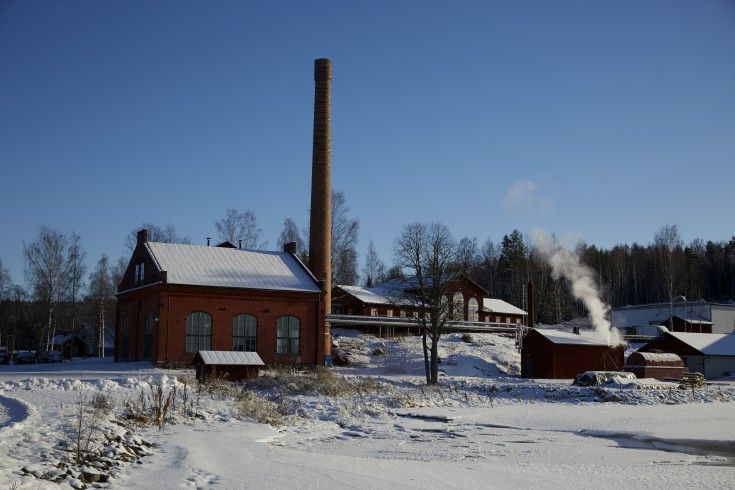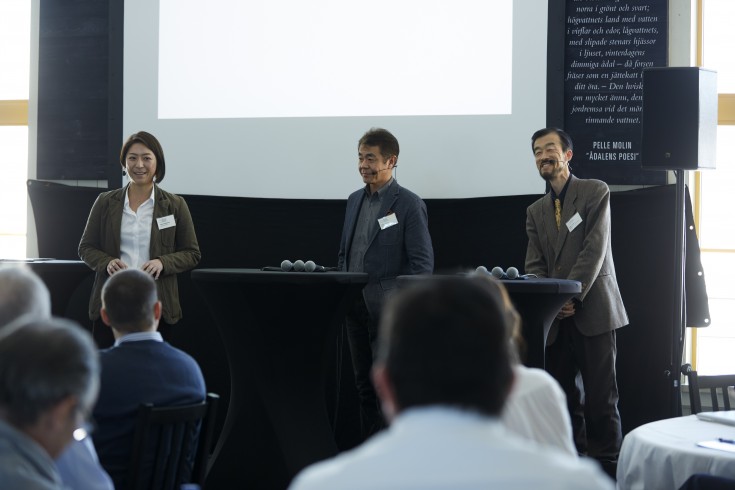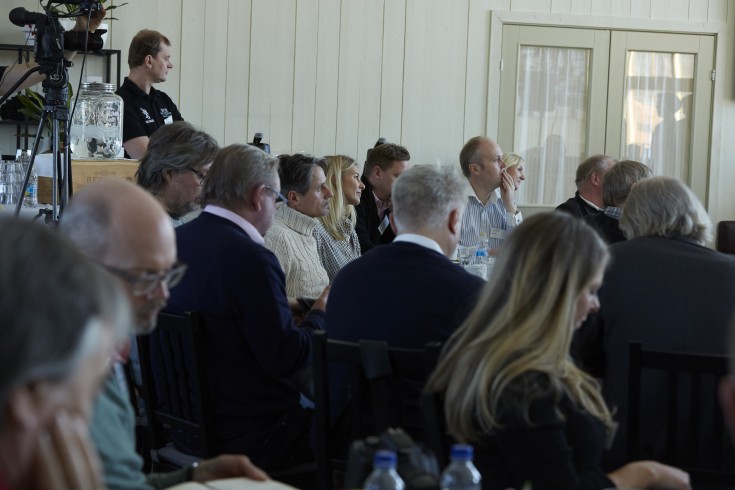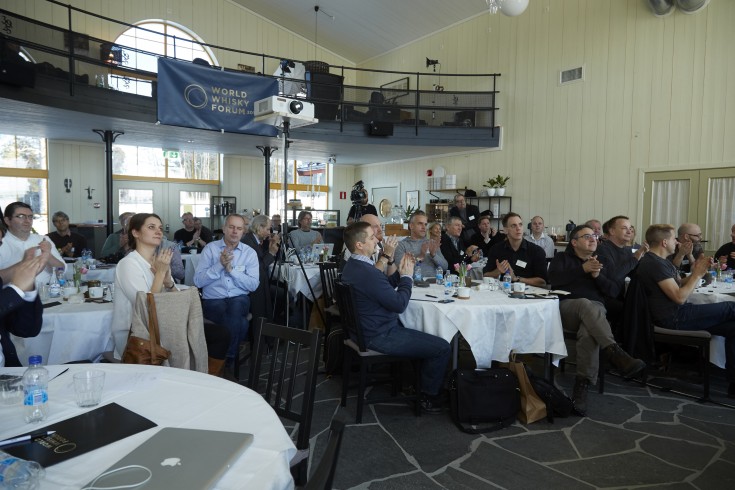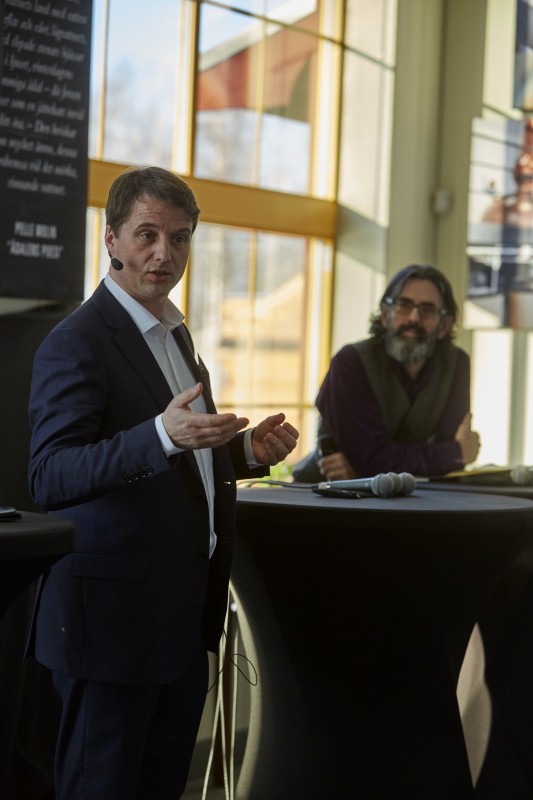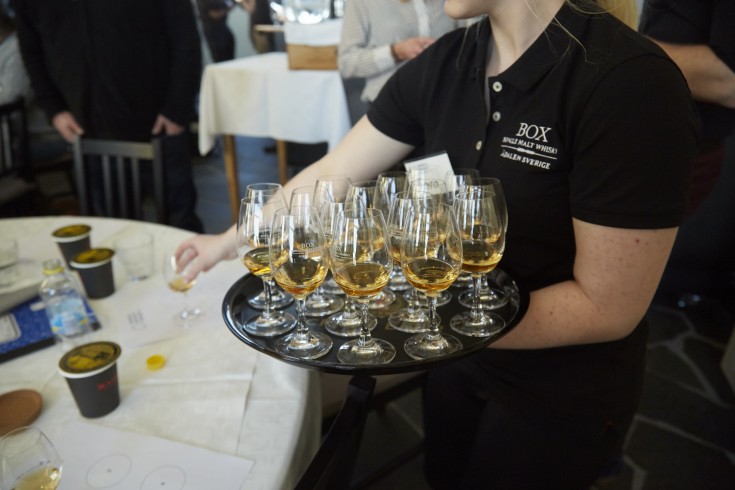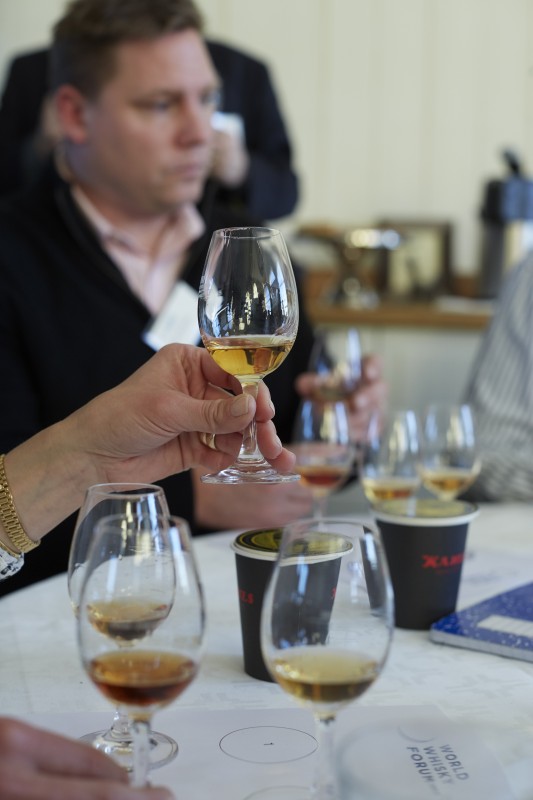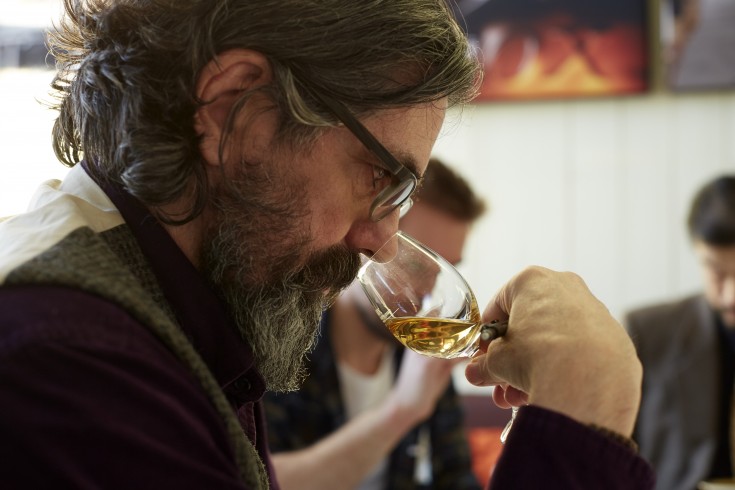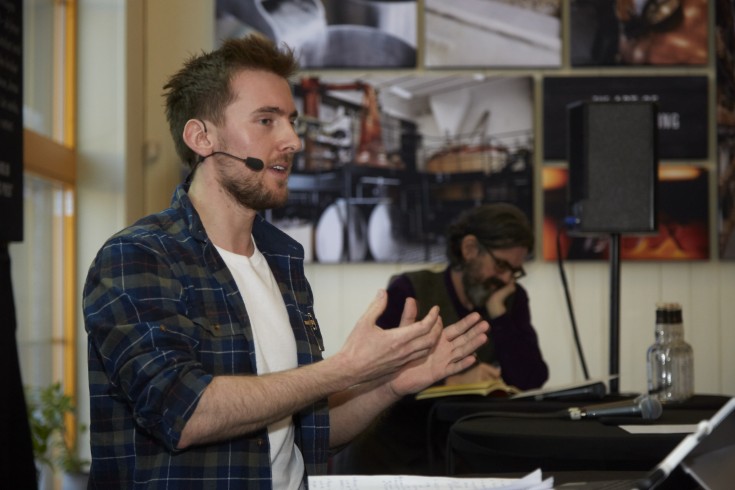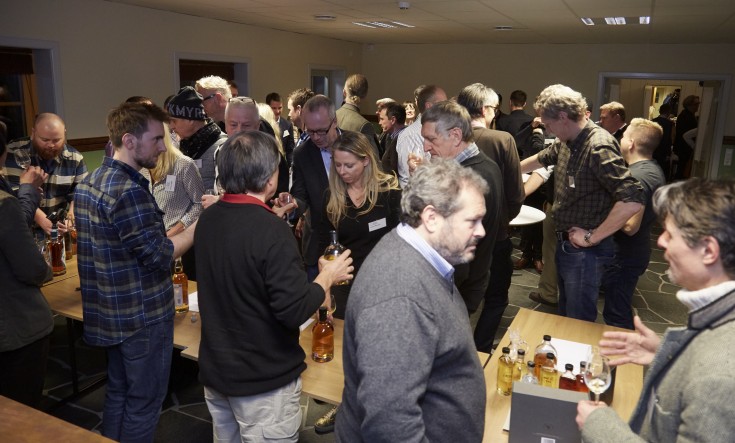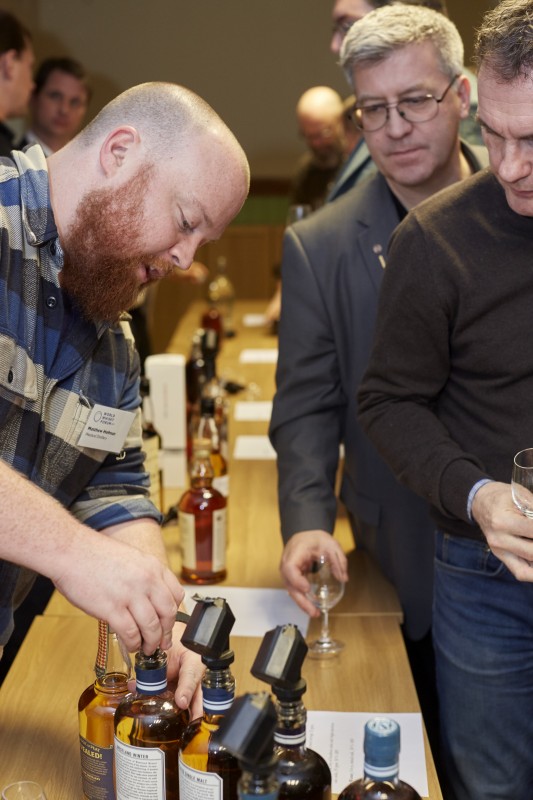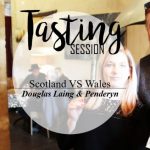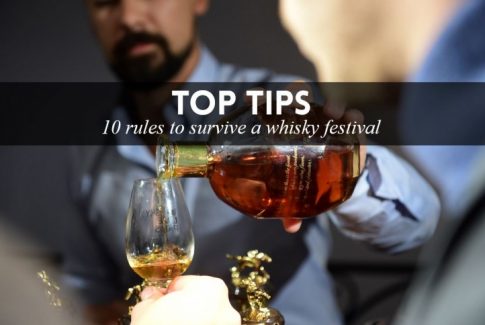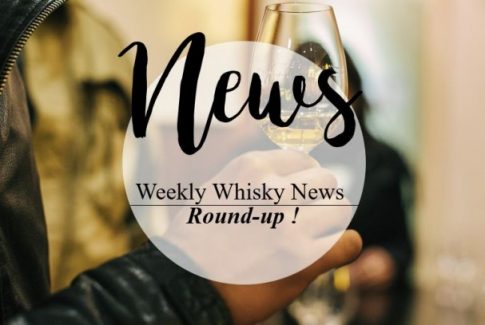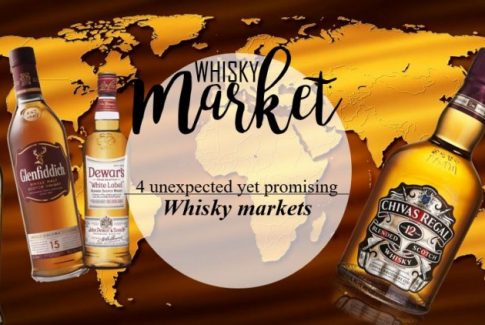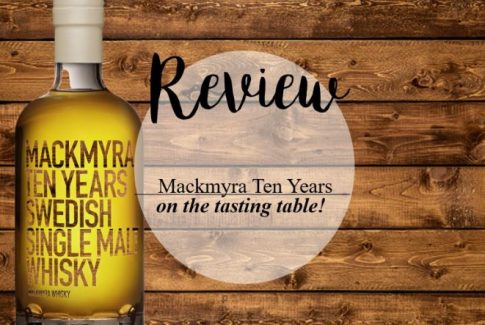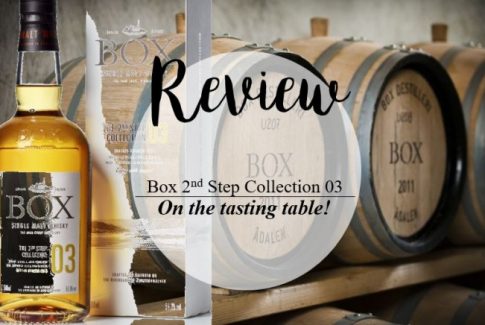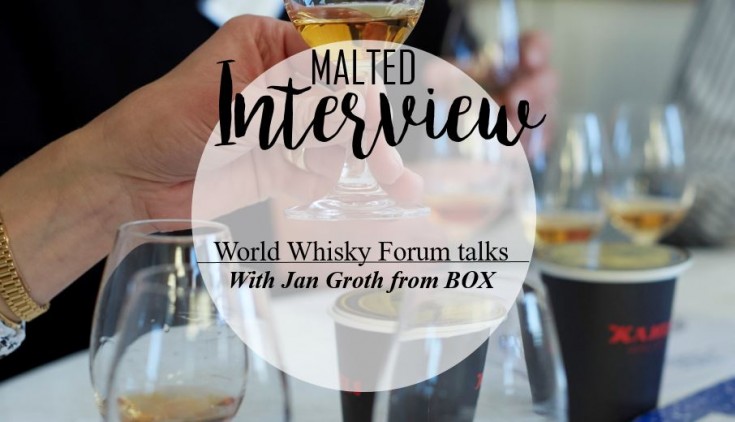
Earlier this month, the Swedish Box Distillery was hosting the first ever edition of what should now become a must-do event for distillers over the world: The World Whisky Forum. Two days of debates and animated talks amongst industry members with a very broad panel of speakers from as far as Japan or America.
Pssst! You’ll find all the interviews & talks from the speakers here (BEWARE: highly-interesting content inside! Make sure you have some time ahead of you as you’ll probably get stuck in front of your screen for quite some time…)
If you were not amongst the lucky attendees, bear with me! I had the chance to ask a few questions about WWF hot topics to Jan Groth, head of the event, while also finding out a bit more about his whisky loving self and personal preferences.
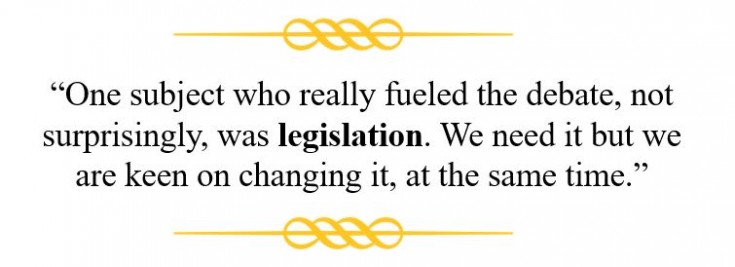
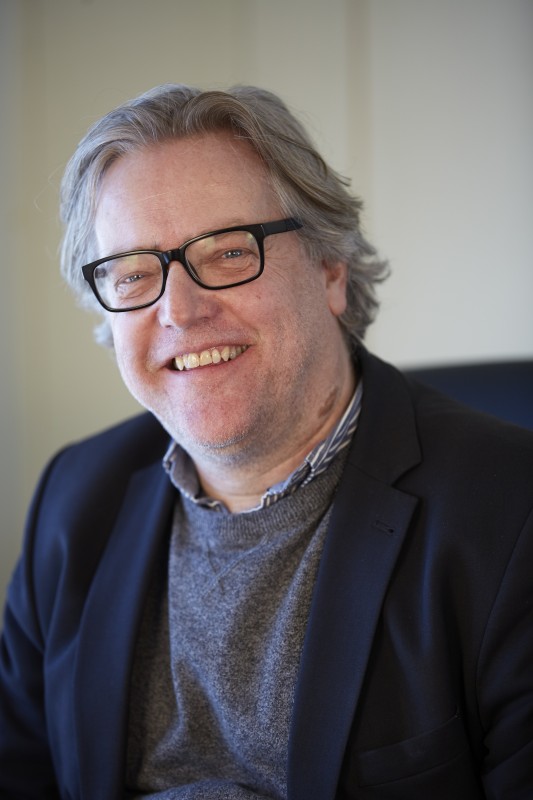
First of all, could you tell me a bit more about yourself: where do you come from, career background etc. and how did you first had the idea of organizing the World Whisky Forum at Box Distillery in Sweden?
My first contact with a growing whisky industry was in late nineties when I was asked to organized a whisky-club in the bar where I worked. At that time quite a few representants for whisky-brands come across to explain the history and greatness of Scotch, sometimes (often) they told us spectacular stories about making whisky. And we swallowed it, without any critical questions.
But soon we understood that the best way to comprehend more was to go abroad and visit the distilleries, and then we realized that the small, handcrafted malt-distilleries was not that small and the people working there in many cases was more chemists than 200 years old men with kilt. But at the same time we learned the wide range of flavors that malt-whisky offered.
After working with brands like Laphroaig, Scapa, Glendronach and Ballantines, I was asked to join Diageo where I stayed for almost 8 years, the Classic Malts and Johnnie Walker was the leading stars and I had the opportunity to meet a lot of the most well knowed whisky personalities during these years. And then a small company from up north in Sweden made a proposition and after visiting the site I couldn’t resist the charm and the high quality.

What’s your personal relationship with whisky: first sipped, noticeable milestones in your malted journey, any favorite product/production country/distillery/flavour profile?
Today I’m looking after new styles and innovations (but not another wine finish) not only in traditional malts, but also in fruits and grain spirits. On the other hand I can still record, when during my first visit to Macallan, they offered me to nose a cask of the old type that was filled with aromas close to raspberry, that had a lot of effect on me, and that cask told me to look further into this business. Another eye-opener was a Cadenhead’s bottling of a Inverleven, Dumbarton stills that really took the breath out of me.

New distilleries have been spreading all over the world like mushrooms, how do you think more established distilleries can keep up within this highly-competitive environment? How do they adapt to new emerging trends (locally-sourced ingredients, organic, premiumisation, younger consumers…)? Do you see the rise of micro distilleries as a threat or an opportunity for more established distilleries?
First of all I ’m convinced that the new smaller distilleries are an opportunity for the more established brands. The micro, local brands will draw attention onto whisky over all. After saying that, there will be quite a challenge for all of us smaller distillers in the longer term, we will undoubtedly become successful in our own region but going to have a challenge going abroad.

Many issues where debated during the first edition of the World Whisky Forum earlier this month: could you quickly tell us which topics were discussed? Any major disagreements or consensus on a specific subject among speakers?
Innovation, both in production and packaging – new grains and yeast strings, ways to work inside the distillery and how to look at bottles, labels and telling the story correctly. Learning from the past gave us the opportunity to understand more about the needs and benefit of keeping a well organized archive in-house, and also by looking at the methods to produce grain and malt whisky.
From the reaction around, one subject who really fueled the debate, not surprisingly, was legislation. We need it but we are keen on changing it, at the same time – was the brief conclusion.
___________________________________________________________________
Craft distilling still hasn’t any official/legal definition, if you were to come-up with one, what would it be? How would you define ”craft” ?
Difficult question, I think the industry needs more of forums like the WWF, before we really can put a general term of what defines a craft distillery. It took the traditional whisky hundreds of year to define what Scotch is!

Whisky is living some really exciting times. However, rules are very different from one country to another, some distilleries can be way more innovative in their processes/experiments than others (more restricted by local laws): how do you think this will evolve?
Once again, if you look at the interviews and presentations from the Forum you’ll find a few keys, but also in the great interest of discuss legislation. This will be a challenge for the future, to explain for the consumers the differences between us.

How do you see the future for the World Whisky Forum? New editions, new format, new location? Any crazy dream you’d like to achieve ?
I’m now looking at few very exciting locations for the next forum, supposed to be held in summer 2018. I’ll tell you more in a few months!
